The Connection Between Sleep Apnea and ADHD
Around 75% of adults and children with attention deficit hyperactivity disorder (ADHD) also suffer from a sleep disorder. Unfortunately, ADHD is often misdiagnosed, and sleep disorders like sleep apnea only make it more challenging for doctors to make a proper diagnosis.
Sleep apnea can cause you to feel tired, unmotivated, and irritable—all of which are symptoms of ADHD. This relationship is complicated, and it’s not yet clear whether ADHD causes sleep apnea or vice versa. However, it’s clear that the two are linked, and getting a proper diagnosis by conducting a sleep study can save you time, money, and hardship—not to mention sleep.


Similar Symptoms Between Sleep Apnea & ADHD
According to WebMD, the symptoms of ADHD include:
- Irritability
- ForgetfulnessImpulsivity
- Easily distracted
- Disorganization
- Lack of focus
Sleep apnea shares similar symptoms with ADHD, such as irritability, lack of focus, and depleted energy. These similarities are often the cause of misdiagnosis.
If your symptoms don’t entirely match those of ADHD, we recommend conducting a sleep study to be sure. A sleep study will give you a more accurate and complete understanding of your health.
Sleep Study: The Definitive Answer to Your Problems
Obstructive sleep apnea (OSA) occurs when the muscles in the back of the throat relax, causing your airway to collapse while you sleep. This reaction restricts the flow of oxygen to your lungs and causes your body to jolt awake when you stop breathing.
A study—conducted in 2013—followed a young, healthy man who reported sleeping more than eight hours each night, yet felt tired, demotivated, and a lack of focus.
The man was diagnosed with ADHD and given medication. However, after about 5-months he didn’t see any improvement to his sleep or how he felt during the day. He was sent to a sleep specialist who found that he suffered from sleep apnea and that he did not have adult ADHD.
The similar symptoms between ADHD and sleep apnea mean that initial misdiagnoses can happen. If you’re showing signs of either condition, you will likely benefit from conducting a sleep study.


CPAP and Alternative Treatments Can Help
Since an obstruction in the airway causes OSA, a CPAP or oral device can help restore the natural flow of oxygen into your lungs. When airflow is restored, it will alleviate the symptoms that prevent you from a good night’s rest. The ideal form of treatment depends on the severity of your symptoms, as well as your desired comfort level. For example, patients with mild to moderate OSA typically benefit more from an oral appliance because it’s less restrictive than CPAP.
Some of our patients suffer from OSA and ADHD. In these cases, sleep apnea can make symptoms of ADHD worse. Treatment with CPAP or an oral device can decrease many of the problems associated with attention deficit disorder, such as tiredness and a lack of focus.
If you want to learn more about sleep apnea, ADHD, sleep study referral, or available treatments, contact our office at 505-427-2936. A member of our delightful staff can help you schedule a consultation with Dr. Schumacher who will help you get the diagnosis and treatment that you deserve.
Frequently Asked Questions
How many people are affected by attention deficit hyperactivity disorder (ADHD)?
Approximately five percent of adults have ADHD, which represents over 11 million people in the United States. Unfortunately, the neuro-behavioral condition can occur in both men and women, and continue throughout their lifespan. Cases of ADHD are also often misdiagnosed or undetected, further complicating the issue.
How many children with ADHD actually have sleep apnea?
According to the American Sleep Association, almost 25 percent of children with ADHD actually suffer from sleep apnea. That’s why it’s crucial to identify the difference between ADHD and sleep apnea in your child to ensure their well-being. Sleep apnea symptoms found in children with ADHD include:
- Sleepwalking
- Bedwetting
- Night sweats
- Mouth-breathing
- Poor attention span
- Behavioral issues
Can treating sleep apnea improve symptoms of ADHD in adults?
Yes, treating sleep apnea can improve symptoms of ADHD in adults. Research has shown that treating sleep apnea with continuous positive airway pressure (CPAP) therapy can lead to improvements in attention, hyperactivity, and impulsivity in adults with ADHD. In some cases, treating sleep apnea may even be enough to alleviate symptoms of ADHD entirely.
What should I do if I think I have both sleep apnea and ADHD?
If you suspect you have both sleep apnea and ADHD, it’s important to speak with a healthcare provider who can evaluate your symptoms and recommend appropriate diagnostic and treatment options. Treatment for both conditions can improve overall health and quality of life.
Have You Been Misdiagnosed?
Oftentimes, sleep apnea is misdiagnosed as ADHD, which makes getting the treatment you need challenging. This is why Dr. Schumacher highly recommends undergoing a sleep study so that you can have a proper diagnosis and appropriate treatment.
To learn more about sleep apnea, ADHD, sleep studies, or available treatments, contact our Farmington office at (505) 427-2936. A member of our staff can help you schedule a consultation with Dr. Schumacher, who will help you get the diagnosis and treatment you deserve.
